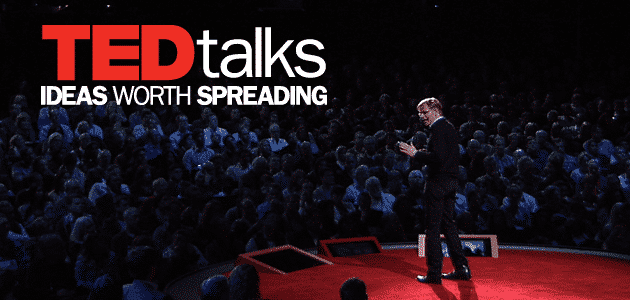
The (uncomfortable) truth of HR and leadership development – Take away
- March 25, 2019
- Marketing Team
Patrick Vermeren begins his Ted Talk by saying that he has joined the sceptic community. He urges the audience to question the HR practices that currently exist critically.
In his opinion, there is a lack of scepticism and scrutiny when it comes to issues of leadership development and human resources. We should challenge our deeply held convictions, cast off troublesome theories and investigate further.
Below are a few takeaways from Patrick Vermeren’s Ted Talk that may give you an indication of his opinion on the current approach of human resource professionals.
Be analytical and sceptical
The main thrust of his talk is to be sceptical, analytical and never accept bad practices. He is critical of many theories that were once accepted as fact and encourages the HR industry to invest more in scientific processes.
Some methods lead you down a path of no return. The uncomfortable truth of HR and leadership development is that too many people take such paths without properly investigating their field. In his experience, many training models and theories, like Maslow’s Hierarchy of Needs, are problematic and sometimes simply false. Vermeren states that “poor methods in recruitment make you choose between apples and pears even if you like them both”.
Following myths
Vermeren champions Gloria Steinem’s idea that the “truth will set you free, but first, it will piss you off”. In his experience, within the recruitment industry, he has come across practices that seem legitimate but are in fact based on pseudoscience. People designing HR departments across the world must be resistant towards practices that claim to predict performance but are in fact strange fads.
Vermeren states that HR “often follow the latest myth” when deciding how to categorise and test employees. He discourages the belief in what he calls “absurd theories” like LIFO, Enneagram or MBTI. He advocates a more scientific approach to the distribution of personality traits. And he warns against becoming satisfied with an approach that has several unintended side-effects. He says, “if you don’t accept a flawed blood test, you should not accept a flawed personality test”.
HR that works
Beyond criticism, Vermeren also offers some examples of good practice. There are HR systems that work because they capitalise on good tools and establish a scientific framework. He places particular emphasis on the success of ProMes (Productivity Measurement and Enhancement System). He claims that the meta-analysis shows that ProMes increases productivity and maintains autonomy because the employees can participate in their goal setting and performance indicators.
Vermeren also favours certain approaches that are simple but that are based on generating a good social environment within the workspace. He is fond of establishing Team Goals, Learning Goals, ProSocial Goals and fairness when it comes to salary and voice behaviour. Vermeren appears reluctant to embrace established and archaic practices like employee performance scores, top-down performance goals and individual bonuses.
Evidence based practice
It is clearly important to update your skills and be analytical. In the age of technology, every part of the business can be greatly aided by analytics and data. This is true for HR departments. “Big data has presented an entirely new way that HR departments can leverage workforce analytics to better support their organisation and/or employees”(Source: Forbes). Vermeren argues that evidence-based practice always trumps baseless speculation.
Many people present half-baked theories. Vermeren highlights that some theories put forward in the HR community come from individuals who have lied about their university degrees. He says that “If you put garbage in, then garbage will come out”. One must be wary of individuals who say their theories are ‘only a conversation starter’. Theories must be more solid and endeavour not to mislead.
Ultimately, Patrick Vermeren’s Ted Talk is centred on criticising absurd theories and advocating theories he believes to be effective. He emphasises scrutiny and scepticism when it comes to new theories on management, human resources and leadership development.
Conclusion
The main takeaway from the talk is to be sceptical in your approach and scientific in your analysis. In his opinion, this ethos should become more common in the world of human resources and leadership development. The HR industry should not accept bad practices when there are plenty of valid alternatives that are often cheaper, more comprehensible and more accurate.







